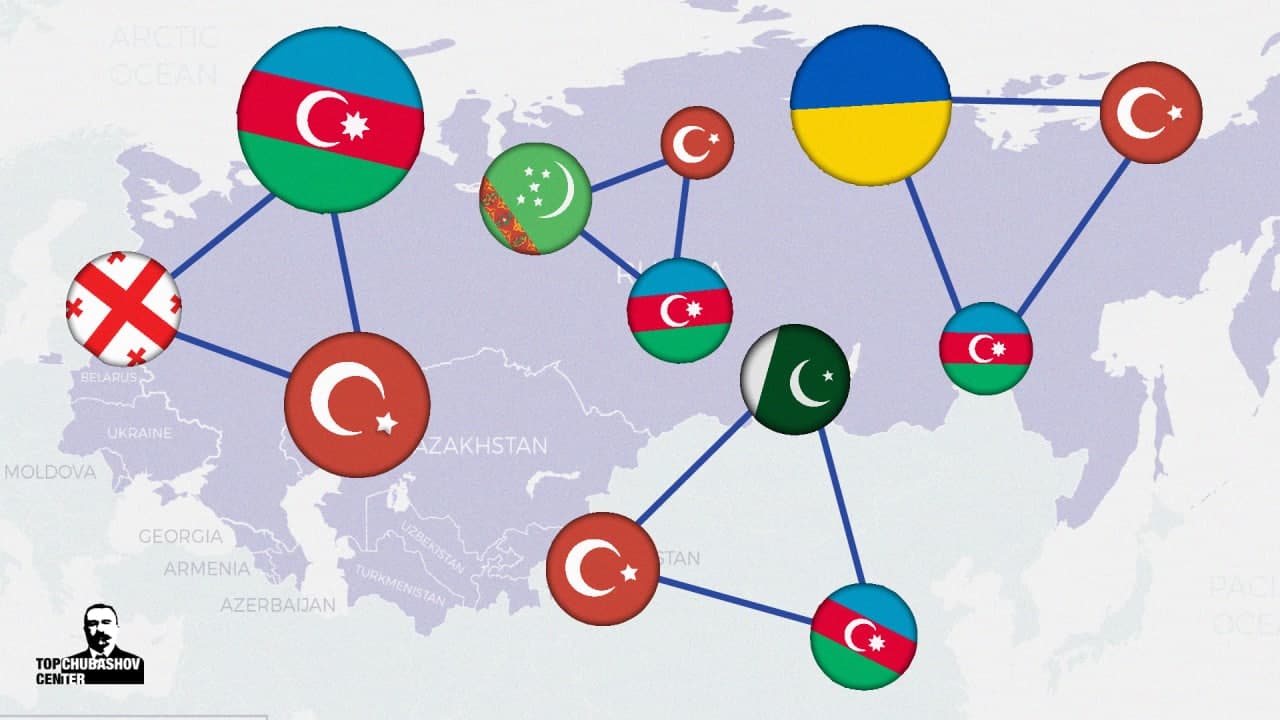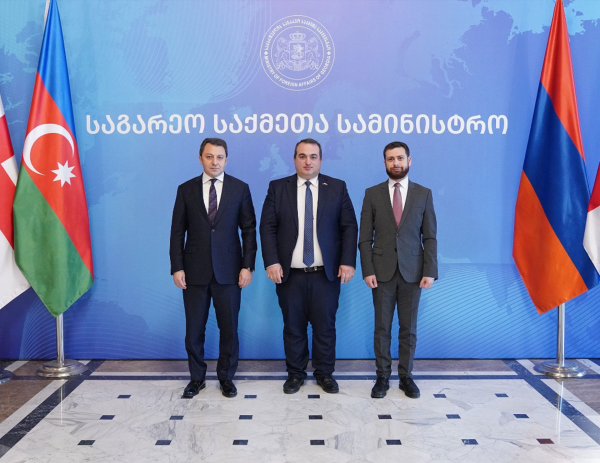Azerbaijan's strategy of trilateral alliances

The Karabakh war of 2020 not only signified Azerbaijan's successful military operations on the ground but also some diplomatic achievements. Against the backdrop of Armenia`s failure to find strong allies, Azerbaijan demonstrated an exemplary and flexible policy and can boast of alliances she had built before the conflict.
Despite their effectiveness, bilateral relations are sometimes limited in nature, while multilateral platforms indicate strict bureaucratic mechanisms. The EU, NATO and CSTO usually face challenges in showing a timely reaction to various developments due to member-states` national interests, difficulties in reaching consensus, etc.
In this regard, Azerbaijan's strategy on trilateral alliances is exceptional. The Azerbaijani-Turkish cooperation usually serves as a nucleus for various tripartite configurations: Azerbaijan-Turkey-Georgia, Azerbaijan-Turkey-Pakistan, a recently emerging Azerbaijan-Turkey-Turkmenistan energy platform, Azerbaijan-Turkey-Israel that Azerbaijan has been trying to build. In most cases, Azerbaijan plays a central role at least geographically. After the Karabakh war, some experts have been forecasting the formation of new constellations such as Azerbaijan-Turkey-Britain or Azerbaijan-Turkey-Ukraine.
In some instances, such trilateral cooperation can be formed without Turkey. We see an Azerbaijan-Russia-Iran platform within the much-talked about North-South corridor.
There are several benefits of such trilateral alliances:
- Their scope covers political, military, economic, security, transit, energy and other sectors,
- They signify both in-depth and situational cooperation.
- They can be formed and exist both in formal and informal nature.
- They enable flexible and timely responses to geopolitical developments.
- In case one of the alliances do not work, there can emerge Plan B, C, etc., as alternatives.
In general, the strategy of trilateral alliances fits Azerbaijan's balancing policy and equidistance from rivaling blocs and offers more space for maneuvering.







